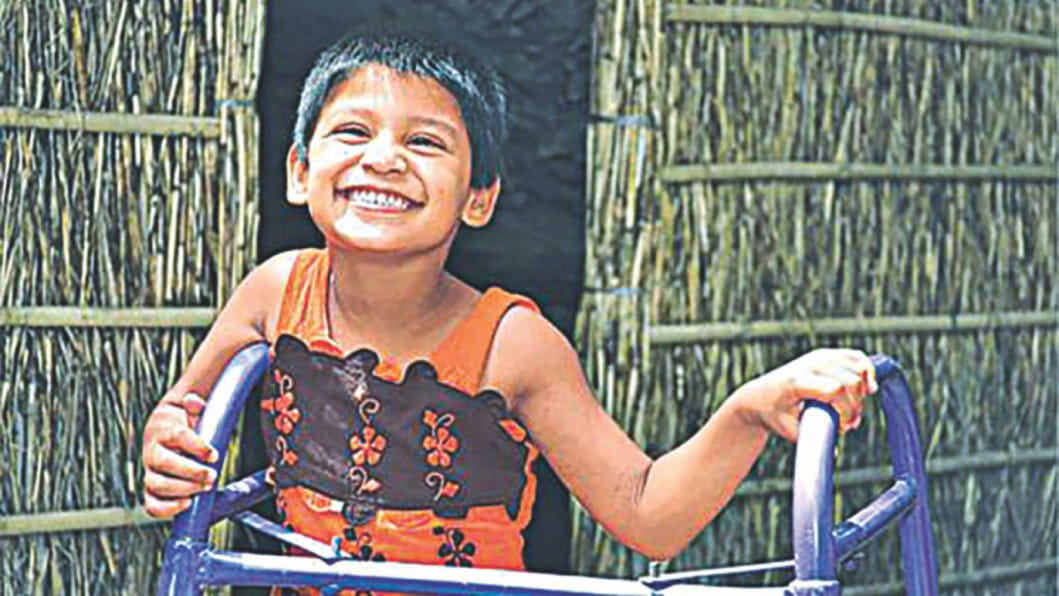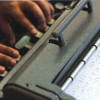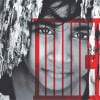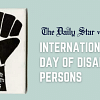Time to include people with disabilities in local government

Approximately 10 percent of Bangladesh's population, according to the World Health Organization (WHO), have disabilities as a result of natural catastrophes, traffic accidents, violence, hunger, a lack of immunisation and/or birth defects. They are a vulnerable and undervalued section of our society due to negative perceptions. Disability is viewed as a curse, especially in rural areas. The Rights and Protection of Persons with Disabilities Act, 2013 was passed in parliament as the evidence of the government's dedication to protecting the rights of people with disabilities.
People with disabilities are now, for the first time in the country, covered by health insurance, allowing them to receive low-cost medical care. The "Bangabandhu Suraksha Bima for Persons with Disabilities" policy would initially be available to those with autism, Down syndrome, intellectual disability, and cerebral palsy. To make life safer for those with autism, the present administration is also working to provide permanent homes and employment.
Numerous national and international organisations have been actively promoting the rights of people with disabilities, holding roundtables and engaging in advocacy activities with the media, as a supplement to government efforts. It is obvious that over the past few decades, citizen engagement has been extensively utilised in talks about development. It has been acknowledged that meaningful engagement of all individuals, regardless of gender, religion, or disability, is critically necessary for progress.
At the union parishad level, 13 standing committees are known to exist. Unfortunately, people with disabilities are not heard at these committee meetings or other venues where local government authorities make decisions (for example; standing committees, ward meetings, project implementation committees, community policing committees and open budget discussions). The Union disaster Management Committee does not provide people with disabilities with the opportunity to learn about the disaster management programmes that are planned and carried out.

To ensure that they can participate in disaster management in a meaningful way, it must be reformatted from bottom-up. Additionally, social awareness initiatives to support the needs of those with disabilities during crisis management must be developed. With the support of the local government, we must ensure that disaster management is inclusive and mainstreamed at every phase – from alert to recovery. All union parishad standing committees must include and give voice to people with disabilities when making decisions.
The standing committee will raise awareness by educating relevant upazila-level offices in order to ensure that people with disabilities, particularly women and the elderly, have access to social security programmes and schemes that tackle poverty. Access to government support, including for proper training, counselling, financial support, and interim care, should be made easier for them.
The ineffectiveness of the disability rights and protection committees at the upazila, district, and national levels results in the improper implementation of the rights of people with disabilities. Nobody should be excused from their regular responsibilities due to a budgetary shortfall. Other ministries and departments, especially local government agencies, should step up for the welfare of the disabled in addition to the Ministry of Social Welfare.
In order to mainstream people with disabilities for sustainable development, the Ministry of Social Welfare must expand its coordination function by enlisting union parishads. Committees should check to see if they are operating effectively; if not, they should determine why and alert the appropriate authorities, and the required funding, manpower, and logistical assistance should be provided.
According to the law, national committees should be given more power. In order to determine the precise number of people with disabilities living at the union level and determine their requirements, the union parishad may, if necessary, form a small unit for them. Union parishads should work to make sure that they have access to public services, information, and the legal system. Local governments can encourage confidence among people with disabilities and create a sense of community among them by offering equal opportunities and respect.
Dr Mohammad Tarikul Islam is associate professor of government and politics at Jahangirnagar University.

 For all latest news, follow The Daily Star's Google News channel.
For all latest news, follow The Daily Star's Google News channel. 









Comments